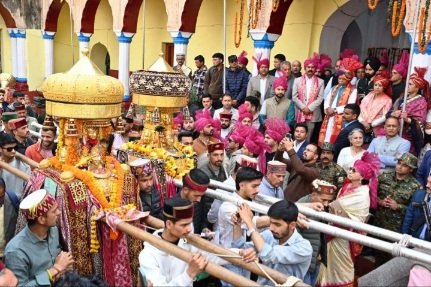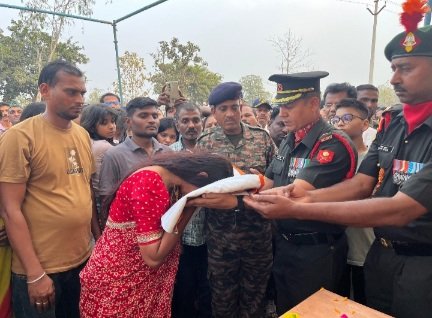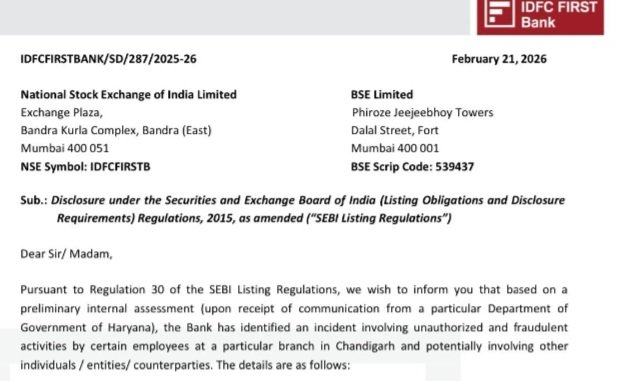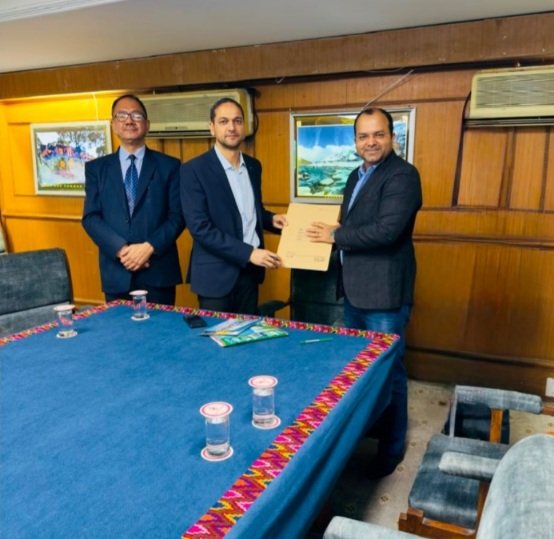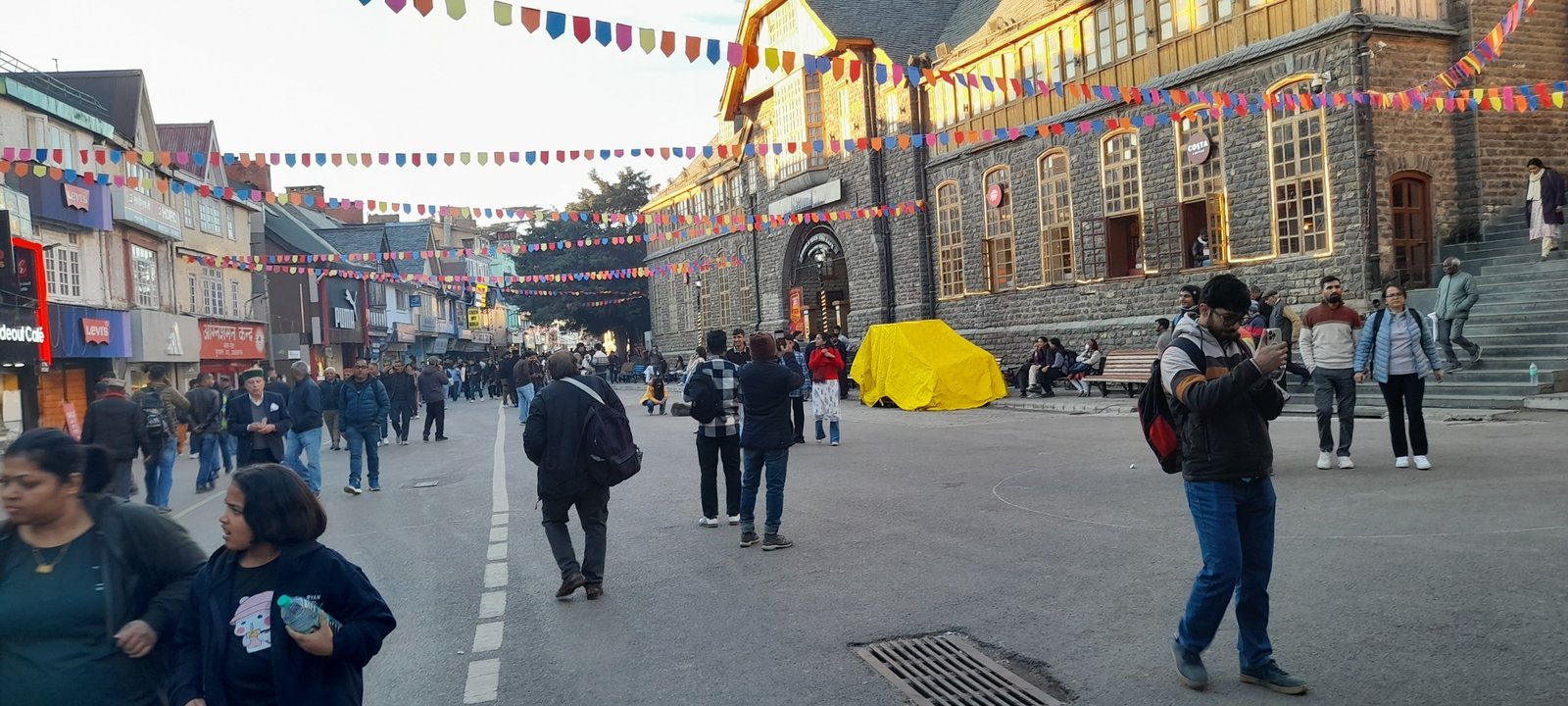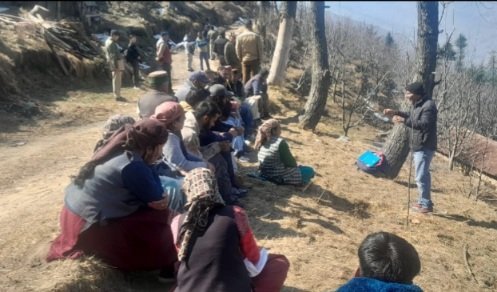This initiative, sponsored by the Ministry of Environment, Forest & Climate Change, saw 26 participants from 16 states attend, bringing together a mix of experienced officers and young talent.
Kicking off the event, Dr. Sandeep Sharma, Director of ICFRE-HFRI Shimla, emphasized the importance of ecosystem health for sustaining life on Earth.
He explained how the health card can help monitor and improve the state of ecosystems, ensuring a better future for all.
The chief guest, Dr. Sanjeeva Pandey, former PCCF of Himachal Pradesh, took the stage to stress the importance of biodiversity in forest management, especially in the context of Ladakh’s fragile ecosystem.
He and Mahima Sharma from USAID’s Forest PLUS 3.0 also showcased tech tools, including the Van App, which will play a crucial role in supporting these efforts.
Dr. Vaneet Jishtu from HFRI Shimla dived deep into the unique biodiversity of Ladakh's cold desert, explaining how rising development threatens its flora.
His message was clear: local communities must play a central role in conserving these landscapes. He noted how the ecosystem health card can be a powerful tool to raise awareness and push for collaborative action.
Field visits to iconic spots like Pangong Tso and Thickshey Gonpa provided participants with hands-on insights into eco-tourism and community-driven conservation efforts.
B.M. Sharma, Chief Wildlife Warden of Ladakh, shared how Ladakh’s forest department is driving eco-tourism while conserving its rare fauna. The homestay program in Hemis National Park, known for attracting wildlife tourists eager to catch a glimpse of the snow leopard, was highlighted as a major success story.
Adding to the conversation, Dr. Padma Gurmet from the National Institute of Sowa Rigpa introduced the participants to the region’s indigenous medicinal system, focusing on the sustainable use of local plants.
Meanwhile, Dr. Pankaj Chandan from the Himalayan Foundation for Conservation Leadership gave a captivating talk about the Black-necked Crane, highlighting it as a key indicator of the health of high-altitude wetlands.
The workshop concluded with Jigmet Takpa, former Chief Wildlife Warden of Ladakh, encouraging the officers to tap into Ladakh’s eco-tourism potential.
He pointed out that wildlife tourism in Ladakh, especially during winters, is on the rise, drawing tourists from far and wide.
The event wrapped up with mementos and certificates handed out to the participants, leaving them more informed and inspired to use ecosystem health cards to preserve Ladakh's unique biodiversity for future generations.





